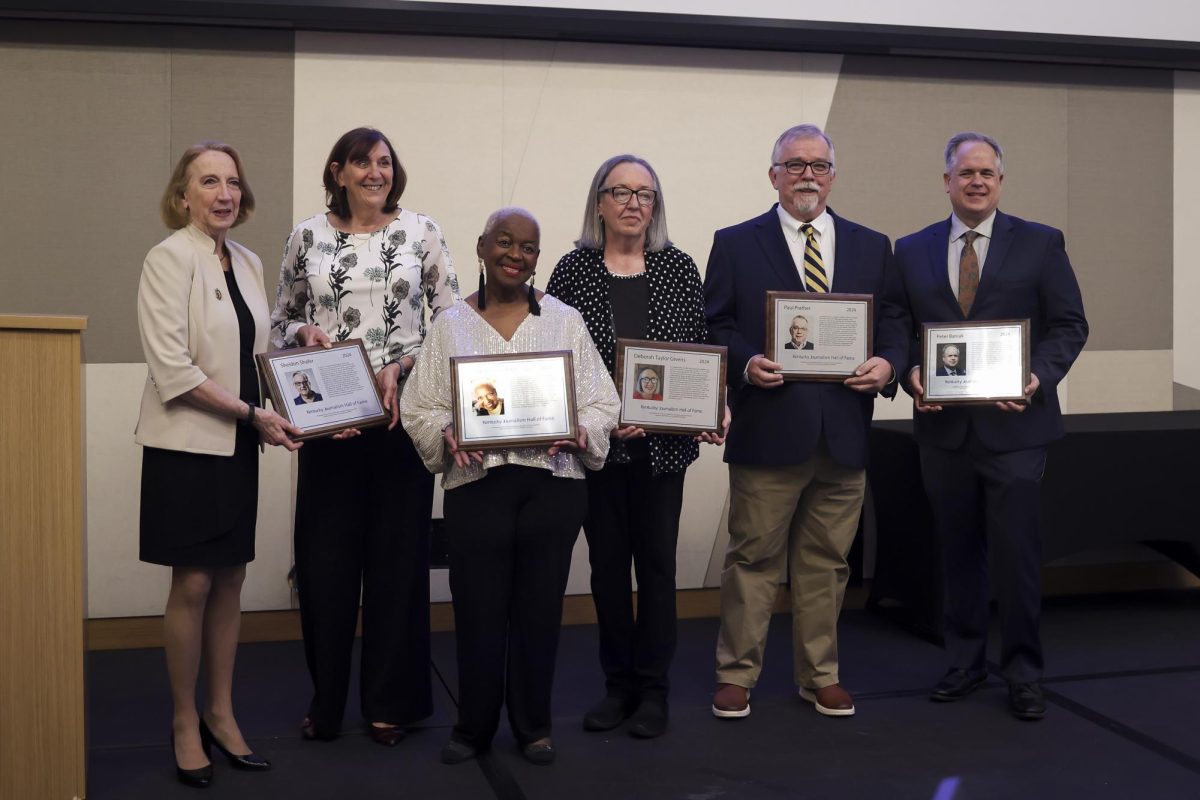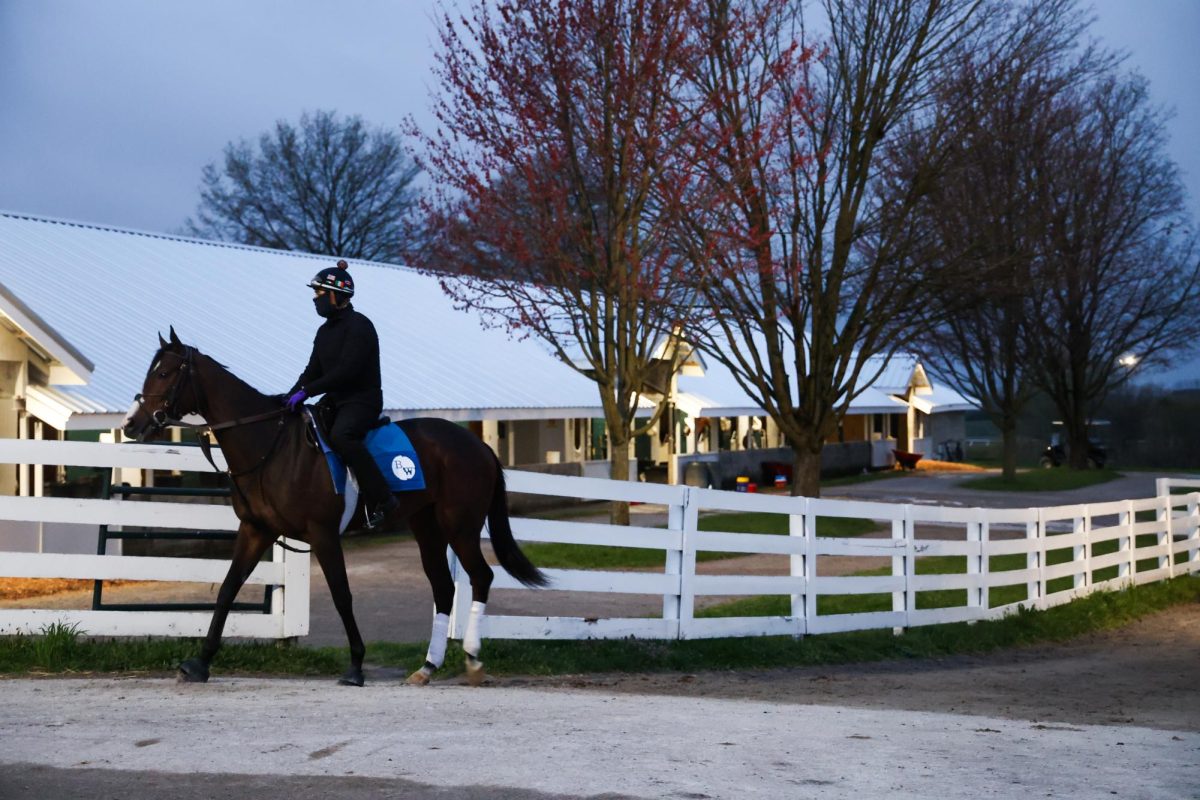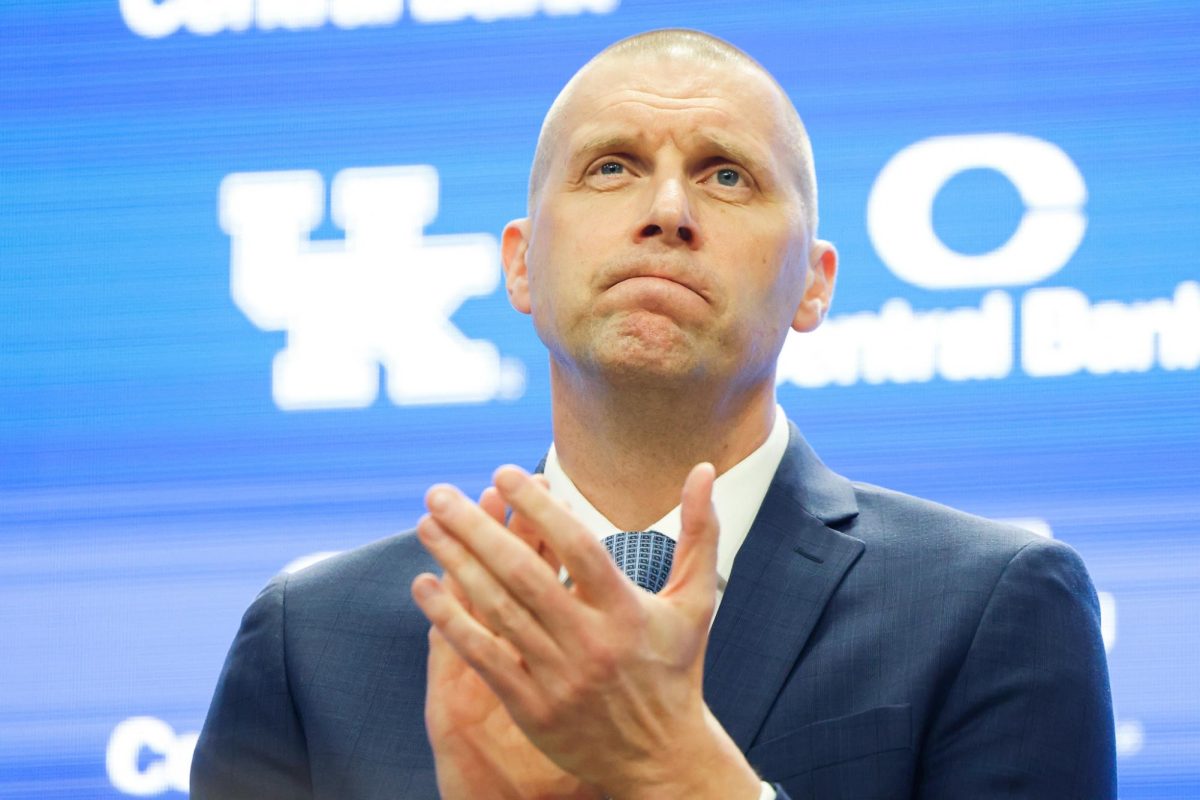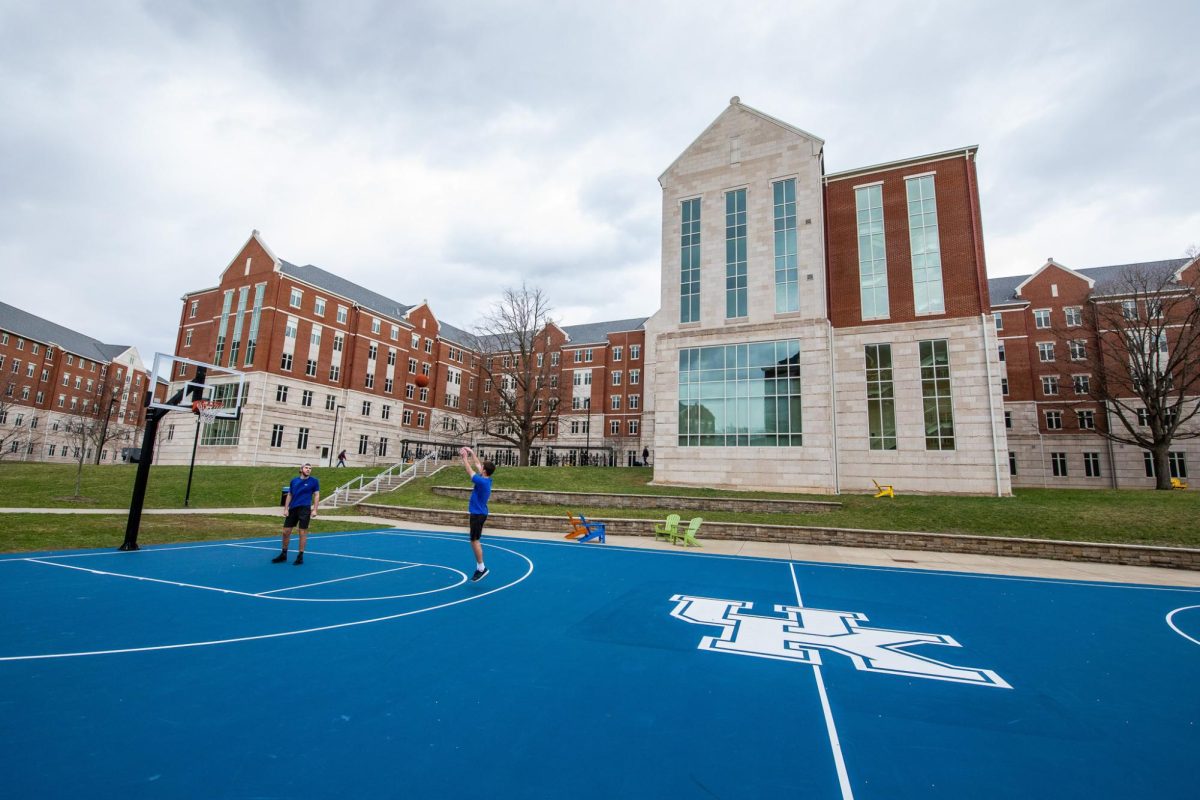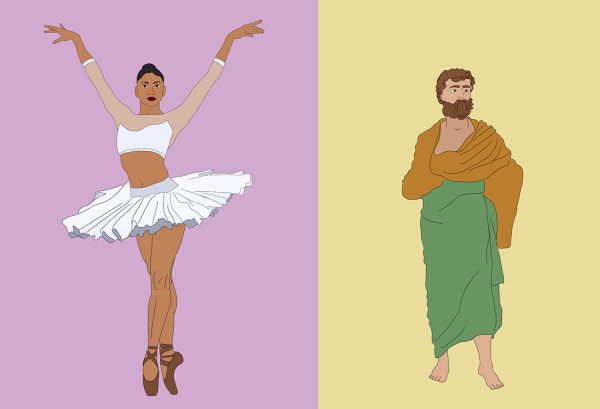Americans still not feeling recovery with job growth

October 5, 2014
On Friday, the Bureau of Labor Statistics released the monthly jobs report. Again, over 200,000 jobs were created, and unemployment fell below six percent. But most Americans don’t feel a recovery. Most Americans are still struggling, and if you dig deeper into the economic portrait, it almost becomes depressing.
The headline numbers from the jobs report tell us one thing: how many people looking for jobs found them. More meaningful than those numbers are what types of jobs people found, how much they are being paid and whether or not they are still looking at all. When these ingredients are baked into the economic cake, the unemployment rate and job creation numbers become just the sweet icing on a very burnt and bitter dish.
The labor force participation rate for September was 62.7 percent — the lowest it has been since 1978. Many people are so discouraged that they have simply given up looking for a job altogether. The underemployment rate — people who work part-time but want to work full-time—continues to hover above 15 percent, again, the worst in decades. There are now over 28 million people working part-time jobs in the U.S., and only 44.8 percent of adults in the U.S. are employed full-time.
It’s not just that the jobs aren’t great; they are low paying too. The U.S. has more low-paying jobs than any other nation in the Organisation for Economic Co-operation and Development. Net worth of the U.S. household is 36 percent lower than it was a decade ago. The median income for families is down five percent since just 2010, and median wealth is down 20 percent in the last three decades. That sentence needs to be stressed again—most Americans are poorer now than they were in 1984. All of this puts the richest country in the world at number 19 in the world for income.
It used to be that going to college and getting an education was the way out of poverty. Now we see over a quarter million college grads working for minimum wage. For students who have to take on student loans, their economic potential can be regressed by a decade.
Of course dropping out of college isn’t the answer, as college graduates are still far better off comparatively. But where a college degree used to give you a leg up, it is now the minimum benchmark for most jobs.
These depressing numbers are not meant to crush anybody’s hopes; they are a reality check. This is a call to action. Having lived abroad, I still firmly believe this is the greatest place to be. We cannot blame our weak economy on the president, as this falls on everyone in D.C. and both parties for deferring to Wall Street and the ultra-rich. Our delegates have decided they care more about billionaires than they do about us.
Historically, post-recession income gains went to the bottom 90 percent of earners. That flipped after 1980, when they started going overwhelmingly to the top 10 percent. The latest recession is the first in modern history where the income of the bottom 90 percent has actually fallen. The economy has been slanted to favor the rich and trickle-down economics has failed. Average Americans are not getting a fair shot.
Voting booths open in one month. We can use our votes to demand our delegates actually represent us, not just the rich. The last time we saw an economy so largely divided was just before the Great Depression. Let that sink in.




